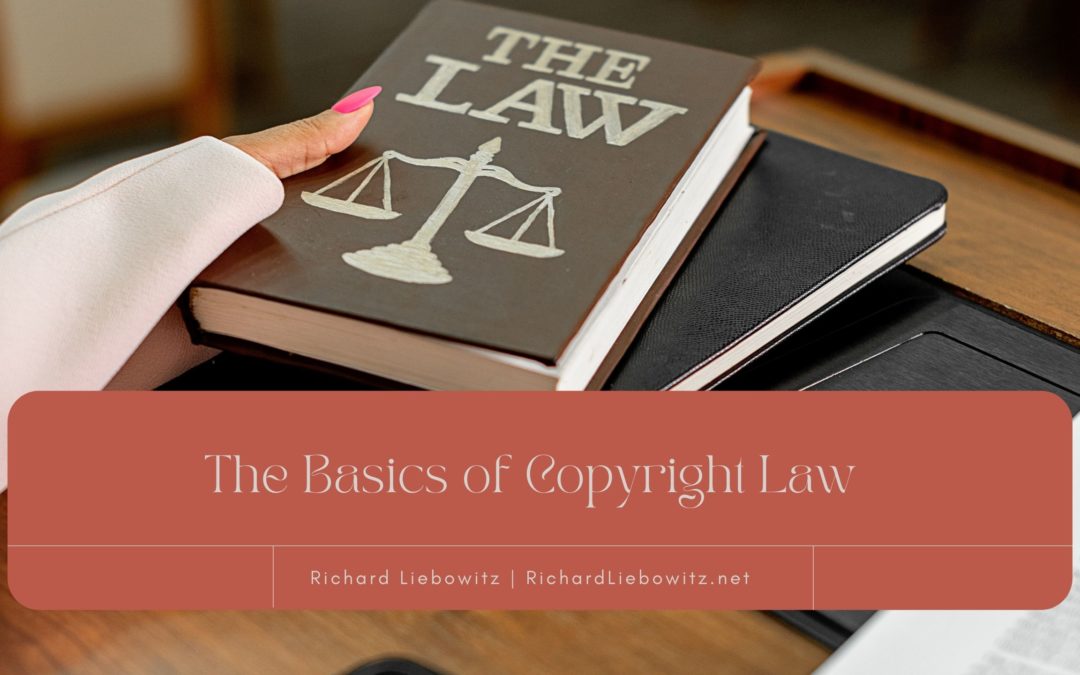Most people recognize the copyright symbol on websites, books, films, and other media. However, most people are not familiar with how copyright works or what it protects. There are many laws surrounding copyrights, trademarks, and other intellectual property laws in the United States. This is a brief overview of copyright law and how it can protect creators and businesses.
What Is a Copyright?
In short, a copyright protects original works that are fixed or recorded in some fashion. While there are some restrictions on what can and cannot be protected under copyright law, practically, it covers a wide range of creative products. Copyrights are different from both trademarks and patents in a variety of ways. For one, copyright laws won’t protect the name of a product or work, while a trademark will.
What Does a Copyright Cover?
Copyrights are primarily utilized by individual artists or businesses that sell creative products. This includes software developers, media producers, and similar industries. By copyrighting a piece of writing or code, creators protect themselves from infringement. Infringement occurs when someone who is not the owner of a copyrighted work reproduces it in an unlawful manner. This could mean publishing an article without permission or downloading unlicensed software on a personal computer. Copyright only protects the work itself, not the information it contains. Facts and discoveries are generally considered public knowledge, so while a person’s research report might be copyrighted, their findings are not.
However, there are some exceptions to copyright laws. This falls under the fair use laws, which allow using copyrighted materials in specific settings or manners. Fair use laws allow organizations like schools or nonprofits to lawfully acquire certain copyrighted materials and use them for educational purposes. However, there are substantial restrictions on appropriate use, so educators must research and ensure their use falls within the guidelines for fair use.
How to Register a Copyright
While registering for an official copyright is not required, it can be helpful for some creators. By simply placing a notice of copyright on the publicly distributed work, the copyright owner can protect their property. However, filing a copyright with the U.S. Copyright Office presents some benefits worth considering. It establishes a public record, can speed up any lawsuits due to infringement, and some other legal benefits can be acquired to protect the author. Filing for registration generally costs less than $100 U.S. dollars. Copyrights typically last a long time, covering up to 70 years after the author’s death or as much as 120 years from the original creation for works not attributed to a specific person.

